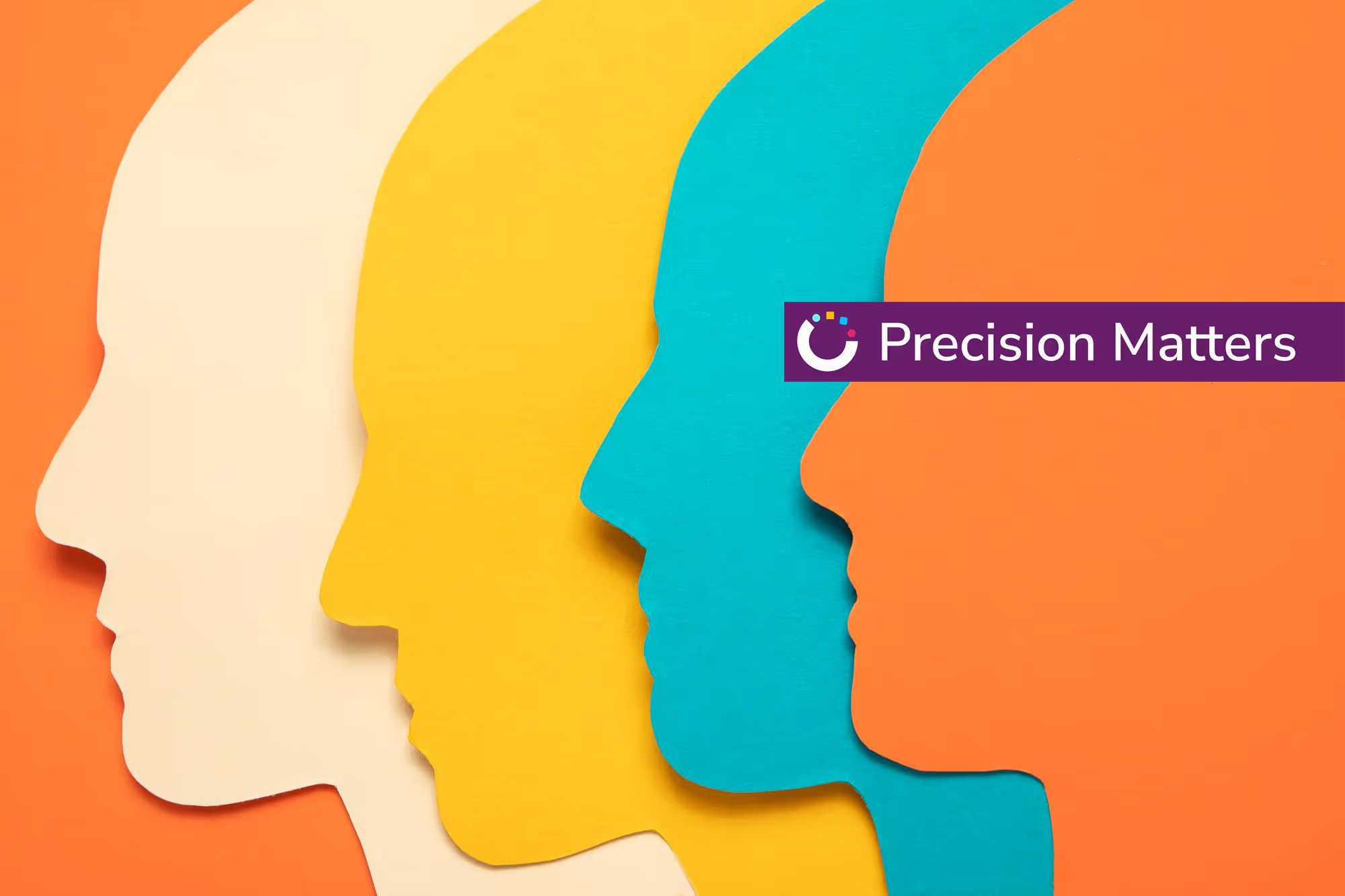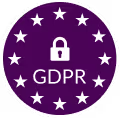As someone who has been entrenched in the HR field for over three decades, my journey started with pioneering training in emotional intelligence back in the 1990s. Emotional intelligence was a novel concept at the time, especially among managers accustomed to prioritizing academic credentials over interpersonal skills. Today, despite the wealth of information and training available, many organizations still grapple with effectively integrating emotional intelligence into their leadership models.
The persistent relevance of emotional intelligence
Initially, introducing emotional intelligence to managers was met with surprise and skepticism—it was a departure from the traditional focus solely on technical skills and academic achievements. However, the real-world relevance of understanding and managing one’s emotions and being able to empathize with others has proven to be a timeless asset in leadership.
Throughout my career, I’ve observed a common thread: individuals with impressive resumes and academic accolades often falter in leadership roles due to a lack of soft skills. These include the ability to communicate effectively, earn trust, and adapt to changing environments. It’s a gap that academic education does not typically address, underscoring the need for focused development in emotional intelligence within organizational settings.
Integrating emotional intelligence in workplace assessments
In my roles across various companies, I’ve advocated for performance assessments that measure not just hard skills but also soft skills. This approach enables a more holistic development of individuals within their roles and departments. It’s not just about climbing the corporate ladder but also about growing in one’s capacity to lead with empathy and adaptability.
One of the essential elements of fostering a conducive environment for emotional intelligence is adaptability. The rapid changes in our work environments, especially post-COVID-19, have made it evident that adaptability is crucial not only for business continuity but also for maintaining employees’ mental health. Organizations need to prioritize adaptability training that addresses both the emotional and strategic aspects of coping with change.
Communication: A pillar of emotional intelligence
Effective communication is another critical area. In my experience, many capable individual contributors fail when transitioning to management roles because they haven’t developed the necessary communication skills to manage a team effectively. My approach has always involved preparing future managers well before they are promoted. This preparation includes training on providing feedback, resolving conflicts, and conducting performance reviews—essential skills for any leader.
The road ahead: Promoting emotional intelligence
Looking forward, the challenge remains to embed emotional intelligence deeply and widely within organizations. This goal can be achieved by:
- Leadership training and development: Implementing comprehensive training programs that include emotional intelligence as a core component of leadership development.
- Cultural change within organizations: Building a culture that values and practices emotional intelligence at all levels, from new hires to top executives.
- Continuous learning and adaptation: Encouraging a mindset of continuous improvement and openness to learning about oneself and others, which is essential for personal and professional growth.
As we advance into increasingly complex and dynamic business environments, the demand for emotional intelligence will only intensify. It is imperative for organizations to not only recognize the importance of these skills but to actively foster an environment where emotional intelligence is practiced and valued. This will not only enhance individual and organizational performance but will also contribute to a more empathetic and effective leadership model.
This article is part of the Precision Matters series. In the series, HR and L&D leaders share their expert strategies for utilizing Learning & Development tools to craft precise, impactful business outcomes and foster organizational growth.
Ready to turn insights into impact?


















